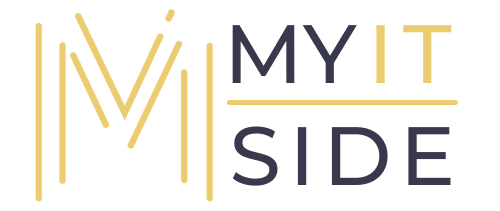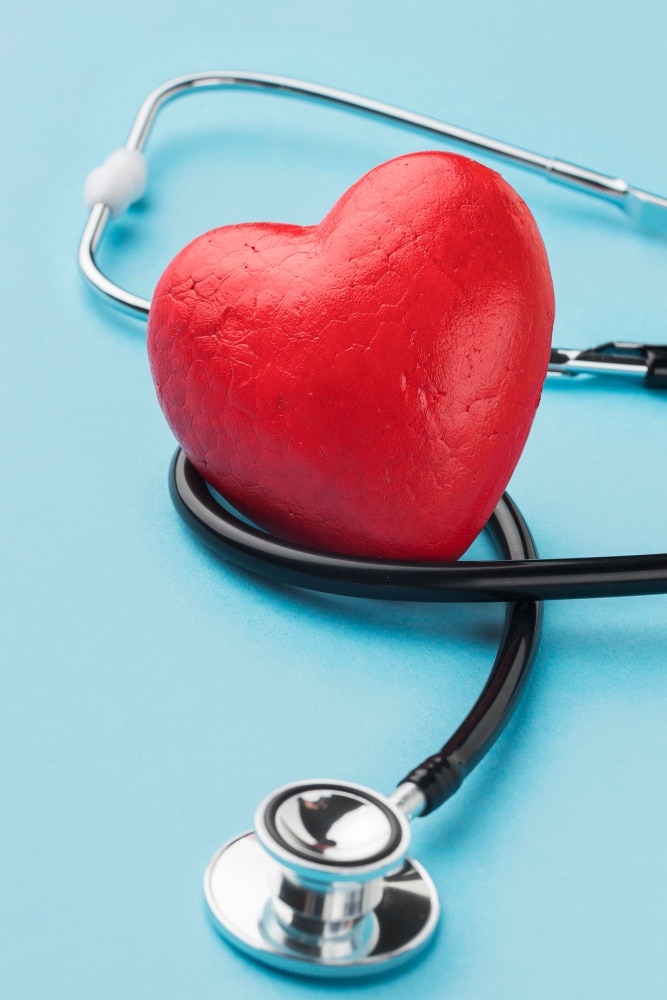Cholesterol is a fat found in your bloodstream that helps your body metabolize food. Your body requires a certain balance to stay healthy. When you have too much fat circulating in your blood, you might be diagnosed with high cholesterol.
High cholesterol can lead to strokes, heart attacks, heart disease, high blood pressure, diabetes, and other ailments. Sometimes, weight loss procedures are an option to seek better health outcomes.
Your doctor will test your lipid health to determine whether your cholesterol is considered high. They’ll look at low-density lipoproteins, the “bad cholesterol,” high-density lipoprotein, the “good cholesterol,” and triglycerides – the fat that’s carried in the blood. CBD oil for cholesterol may be a healthy solution for improving cholesterol health, which will be explored later in this article.
Medical professionals recommend keeping your LDL between 70-100 mg/dL, depending on whether you have or are at risk for heart disease. If your cholesterol is higher than 130, a doctor might recommend keeping an eye on it to ensure those levels don’t get too high.
Statins, a class of drugs that helps lower low-density lipoproteins, are commonly prescribed by doctors to treat high cholesterol.
Statins do the following:
- Lower LDL cholesterol levels in the blood
- Increase HDL levels in the blood
Although some doctors might recommend taking statins, such as Lipitor or Zocor, right away if your cholesterol is dangerously high, that may not be the case if you simply have elevated levels. In fact, there are other steps to take that might help you avoid taking daily medication.
Dietary Changes
One way to help lower LDL and increase HDL is by making a few dietary changes.
Lower Your LDL
Decreasing your low-density lipoproteins is essential to lowering your cholesterol. One way to do this is by reducing your trans and saturated fat intake.
Saturated fats, which are solid at room temperature, are a naturally-occurring fat found in many foods. According to the American Heart Association, your saturated fat intake should be no more than 6% of your daily caloric intake. That breaks down to approximately 12 grams per 2,000 calories.
Another type of fat that contributes to high cholesterol is trans-fat. These fatty acids aren’t found naturally in many foods. Trans fats can raise your LDL and lower your HDL. In recent years, many companies have eliminated trans-fat-containing products from their menus and product lists.
If you’re unsure whether a food you’re eating contains trans-fat, check the ingredient list for “partially hydrogenated oil.” Trans fat is a by-product of the hydrogenation process.
Increase Your HDL
Unsaturated fats are liquid at room temperature. Adding unsaturated fats to your diet can actually help improve blood cholesterol by increasing high-density lipoproteins.
Some of the best unsaturated-fat-containing foods to introduce to your diet include:
- Avocados
- Peanut butter
- Walnuts
- Omega-3-containing fish such as salmon and sardines
You can also increase your HDL by adding more soluble fiber to your diet. Any foods that contain fiber, including fruits, vegetables, and oatmeal, are great choices for increasing your fiber intake. You can also take a fiber supplement if you can’t get a sufficient amount through food.
Weight Loss
If you’re overweight, weight loss can help lower cholesterol levels, so incorporating an exercise regimen might be a way to avoid taking statins. The best way to start the weight loss process is by making the dietary changes listed above. Then, incorporate exercise into your daily routine. Cardiovascular activities, such as walking or jogging, are good choices to help lower LDL.
Weight loss doesn’t necessarily have to be significant to positively affect your cholesterol. However, if you’re severely overweight or obese, your doctor might recommend certain weight loss procedures. Khalilicenter.com specializes in weight-loss procedures to help with overall health management.
It’s important to note that weight loss is not the answer for everyone. If you’re not considered overweight or obese, losing weight may cause other health problems.
CBD Oil
The endocannabinoid system, or ECS, is a system in the human body that helps regulate many physical and psychological bodily functions. High cholesterol can negatively affect how this system works, increasing your risk of certain chronic conditions.
CBD oil works with the ECS to help do a number of things, including:
CBD oil can also help curb nicotine cravings. Nicotine is a significant contributor to high cholesterol because it constricts the blood vessels and contributes to plaque development in the blood.
Studies have shown that CBD oil for cholesterol is safe to add to your daily regimen if you want to avoid statins. When combined with weight loss, exercise, and a healthy diet, it can be an integral part of your plan to lower your cholesterol.
However, you should always talk to your doctor before taking any medication for a condition as serious as high blood pressure.







